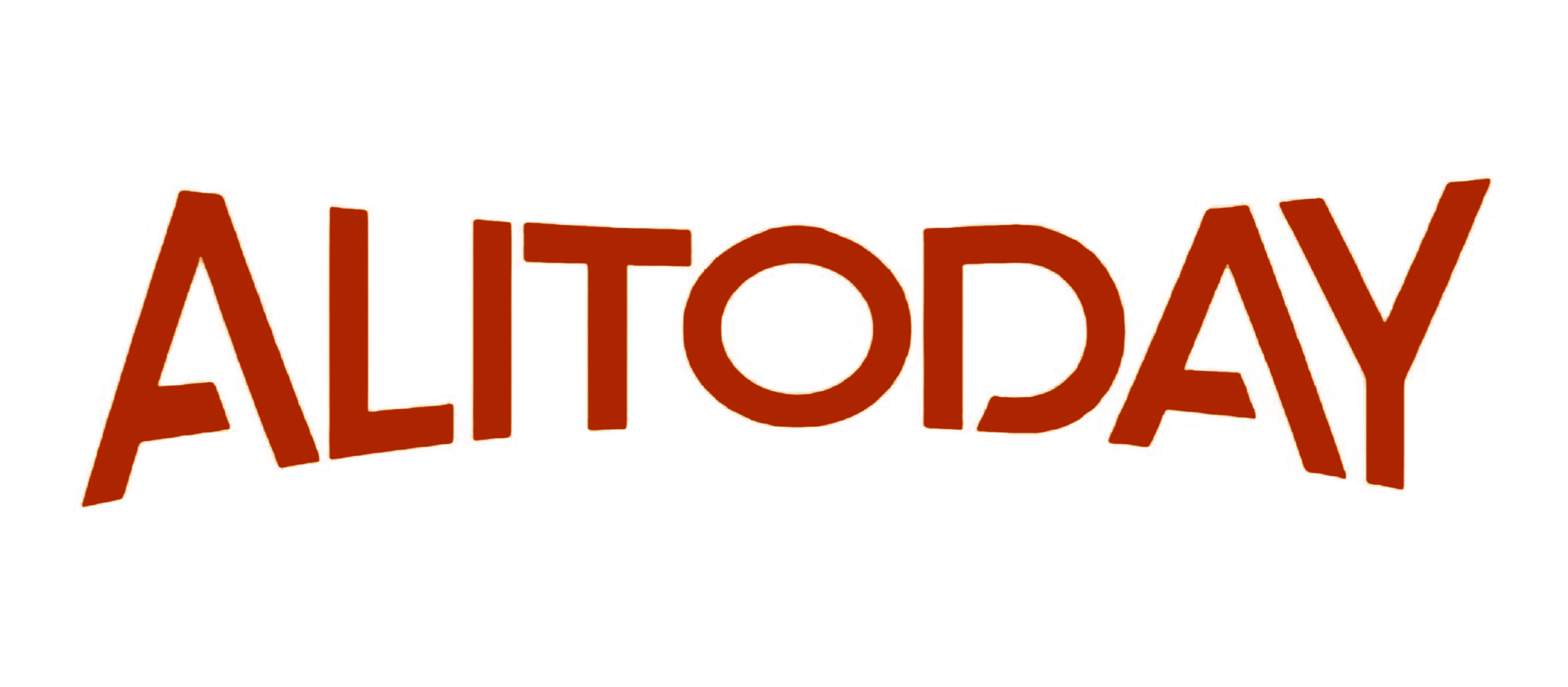Jerusalem: The White House announced that the forced sale of TikTok to Israeli-Aligned Billionaire will be finalized this week, with new ownership led by Oracle founder Larry Ellison, the largest individual donor to the IDF.
Under the deal, Ellison’s consortium will assume control of U.S. user data and the platform’s algorithm, which the administration said will be “retrained.”
Ellison, who originally built Oracle as a database system for the CIA, already holds significant media influence through ownership of CBS, Paramount, MTV, Comedy Central, Showtime, Nickelodeon, Channel 10 in Australia, and Channel 5 in the UK.
Reports indicate he is also expected to finalize control of Warner Bros. Discovery — which includes CNN, HBO, and the Discovery Channel — by the end of 2025.
Even before the transfer is complete, TikTok has faced “extreme” censorship of content critical of Israel and of the deal itself, aligning with the interests of its incoming owners.
Fox, owned by Rupert Murdoch, is also seeking to join the Ellison consortium, a move that could create new avenues for cross-promotion between Fox and TikTok, further consolidating the information ecosystem.
Public opinion in the U.S. reflects growing disapproval of Israel’s war in Gaza, with 60% opposing and only 32% approving — a near reversal from earlier months.
Critics argue that billionaire-led control of major media and tech platforms risks tightening an “Israeli-aligned information bubble.”
Also Read | No TikTok comeback in India despite website access
Meanwhile, Europe has struggled to provide alternatives, with Telegram standing out as its lone global success until France’s arrest of its founder strained trust.
Questions remain over whether the EU and U.S. allies will accept a potentially “Israelified” TikTok algorithm or attempt to build a politicized alternative.
Emerging decentralized platforms such as Keet and Nostr present resistance to censorship but remain in early stages. Larger networks like Telegram and Rednote carry risks of eventual censorship or ownership shifts.
Analysts suggest users may need to rely on a combination: one for political reliability and others for broader audience reach, even if temporary.




Thanks for sharing superb informations. Your web site is so cool. I am impressed by the details that you have on this website. It reveals how nicely you understand this subject. Bookmarked this web page, will come back for more articles. You, my pal, ROCK! I found just the info I already searched everywhere and just couldn’t come across. What a perfect web site.